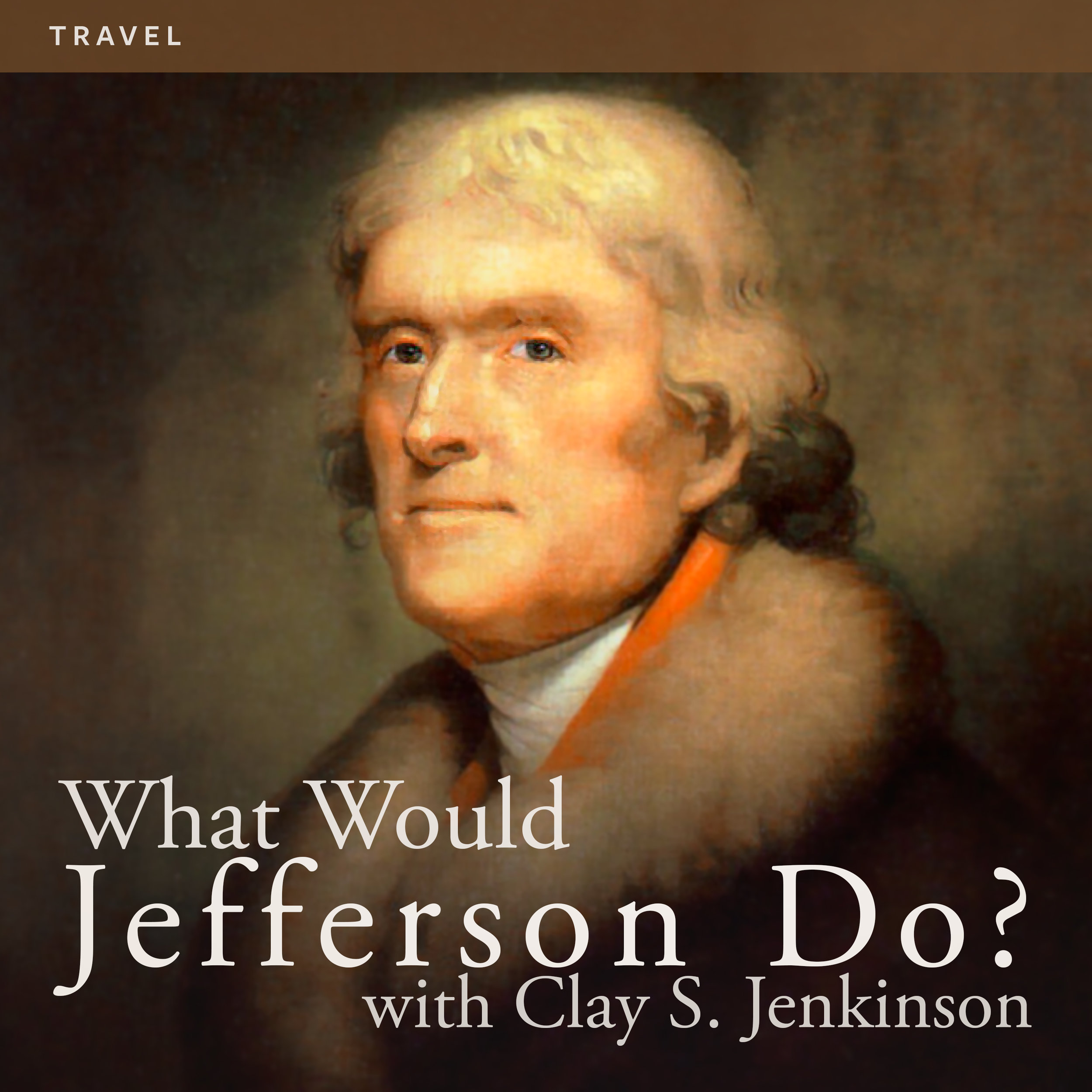“I am more candid in your era than I ever would have been in mine.”
This week, we speak with President Jefferson about his hospitality and good manners. In her book, The First Forty Years of Washington Society Margaret Bayard Smith quotes federalist Supreme Court Justice William Paterson’s opinion of Thomas Jefferson. Of Jefferson he said, “No man can be personally acquainted with Mr. Jefferson and remain his personal enemy.
Further Reading
The Seven Ages of Jefferson
The Jefferson Watch
You probably know that I am starting an entirely new humanities enterprise, my one-man program about the poetry and plays of William Shakespeare. I began my life as a public humanities scholar decades ago while studying English Renaissance literature, first at the University of Minnesota and then at Oxford. I’ve given my whole adult life to close reading of great texts, whether it was the sermons of John Donne, or the statements that Robert Oppenheimer made after the atomic bomb detonated successfully at Alamogordo, New Mexico, on July 16, 1945. I can feel the nuances in Jefferson’s carefully modulated letters. I have honed my ability to find the fissure points in historical personalities and some contemporary ones too. The humanities have made me generous in observing the ones who then and now rise above the radar, because the humanities have taught me that Saints Theresa and Francis were not always saints, and not even Mussolini and Richard Nixon are void of spectacular moments of insight and achievement.
Read this week's Jefferson Watch essay, "The Seven Ages of Jefferson."
What Would Jefferson Do?
“No part of me was ever interested in going on a traveling tour of the country.”
Tune in to your local public radio or join the 1776 Club to hear this episode of What Would Thomas Jefferson Do?



"If we failed, it would be such a setback for the human project; if we succeeded, it would certainly become a template for the future."
— Clay S. Jenkinson portraying Thomas Jefferson
Some of the things Jefferson did were not designed to make a statement about democracy or self-government. In some respects, Jefferson was just weird.
"He was drest, or rather undrest, with an old brown coat, red waistcoat, old corduroy small clothes, much soiled-woolen hose-and slippers without heels."
— William Plumer, 1802
This week we talk about Thomas Jefferson’s talent for political theater, and the ways he used this talent to reinforce the public perception of his firm beliefs in republicanism and guard against what he saw as a threat of monarchy in the young nation.
"I never considered a difference of opinion in politics, in religion, in philosophy, as cause for withdrawing from a friend."
— Thomas Jefferson, 1800
This week, we ask President Jefferson about his famous dinner parties and their extensive menus. It was important to Jefferson to not appear too regal, and the dinner parties were kept somewhat casual. In 1802, a Federalist senator from New Hampshire was meeting Jefferson at a dinner when “a tall high boned man” entered the room wearing “an old brown coat, red waistcoat, old corduroy small clothes, much soiled—woolen hose—& slippers without heels.” He added, “I thought this man was a servant; but was surprised by the announcement it was the President.”